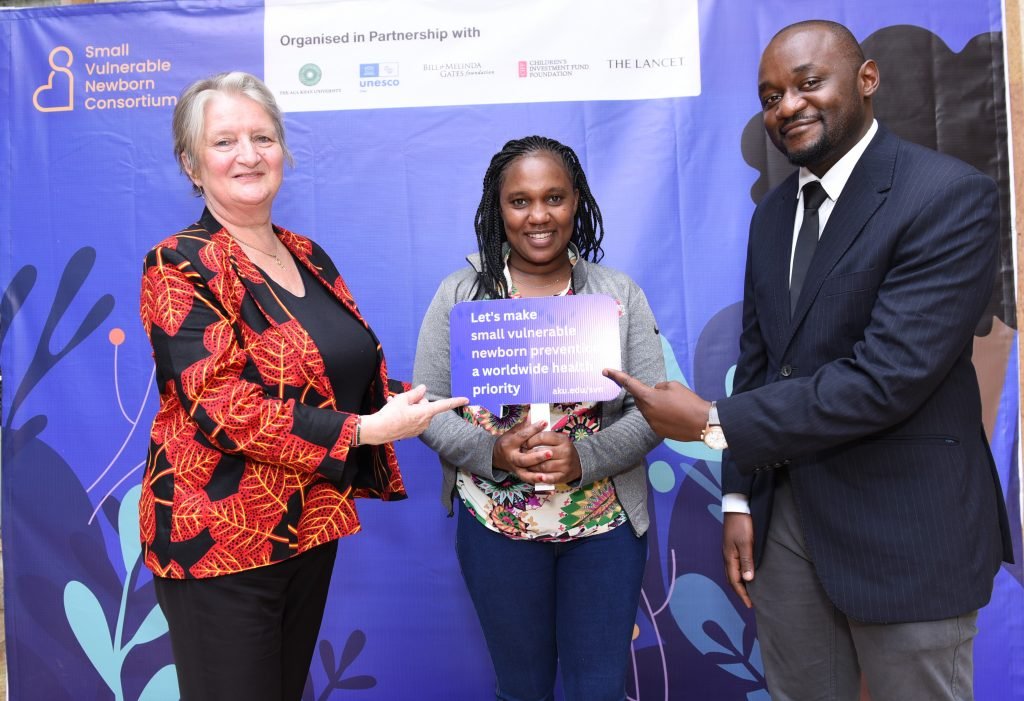Medical journal, Lancet Series, has called for the standardisation of data, technology, and quality pre-natal information as national preventive measures to curb the high rate of early infant deaths and stillbirths that currently stand at 20% in Sub-Saharan Africa.
Created through an international collaboration of a group of scientists, it estimates that 566,000 stillbirths and 5.2 million preterm or underweight births could be prevented each year by implementing eight accessible and cost-effective pregnancy interventions in low-and-middle-income countries, with the estimated cost of implementing these measures stands at $1.1 billion by 2030.
“As a government and especially with the devolution of health services, we are developing technological specifications to ensure standardization of operating procedures and training manuals,” Ministry of Health Acting Head, Division of Health Informatics Dr. Job Nyangena, said yesterday during the launch of the lancet series at a Nairobi hotel.
He reiterated the government’s commitment to implementing these preventive measures arguing that although addressing the issue of early infant deaths has been on the global agenda for years, global trends show that the situation has not improved.
This indicates a pressing need for national actors, along with global partners, to commit to providing high quality of care for all women during pregnancy and at birth. This includes implementing the World Health Organization (WHO) antenatal care guidelines that include a screening ultrasound for all pregnant women.
“One out of 4 babies is born too early, too small, or stillborn. It is our moral duty to invest in small vulnerable newborns through early and high quality antenatal and childbirth care and through girls and women reproductive rights,” Prof Marleen Temmerman, Director of Aga Khan University’s Centre of Excellence in Women and Child Health, East Africa (CoEWCH EA) said.
Globally, one in every four babies in the world is either “born too small” or “born too soon” accounting for 1.9 million stillbirths and 1.4 million newborn deaths annually. The small number of “newborn survivors” are vulnerable to health problems throughout their life course, affecting human capital, economic productivity, and healthcare costs.
Furthermore, while the situation is the most challenging in Sub-Saharan Africa and Southern Asia, rates of data availability are also the lowest in these regions, making it difficult for decision makers to meaningfully address the issue. Thus, the series calls for relevant actors to urgently prioritise action, advocate for, and invest in the prevention of stillbirths to reverse the current trend, reduce early infant deaths outcomes, and ultimately save the lives of millions of babies.
“20% of babies born in Sub-Saharan Africa are small vulnerable newborns, yet prevention is possible. This is the challenge we all need to tackle, the Nairobi launch aims to help us do this,” says Dr Abdu Mohiddin, Physician Scientist and Assistant Professor at the Aga Khan University.


